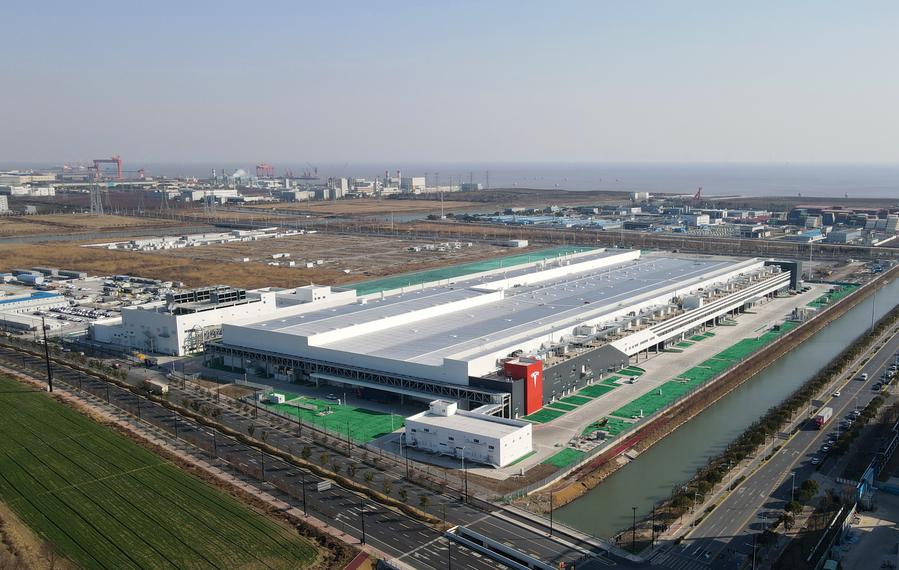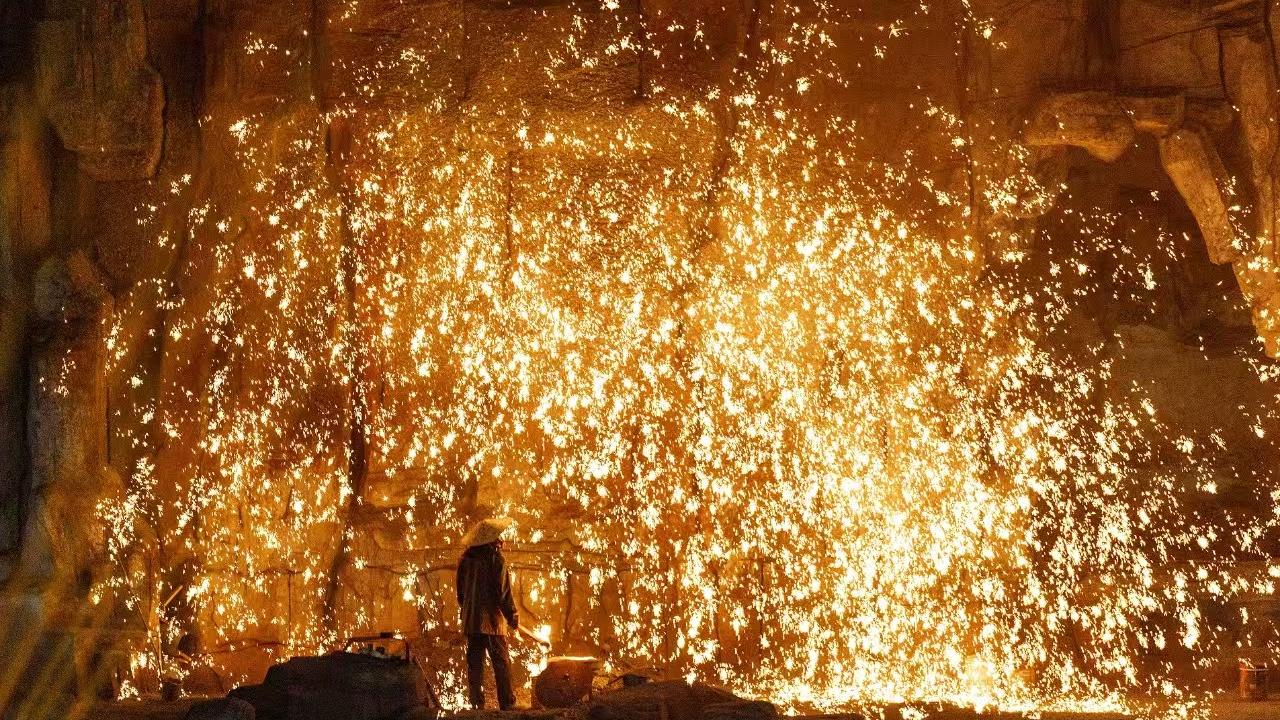Is there massive withdrawal of foreign investment from China?
"Recently, some online media have claimed that foreign capital is 'withdrawing from China on a massive scale.' But how accurate is this statement?" commented an internet user on People's Daily Online.
The internet user cited data that foreign direct investment in actual use in China dropped 27.1 percent year on year in 2024, while the number of newly established foreign-invested enterprises increased by 9.9 percent from the previous year, adding that these two data points seem contradictory.
Take Walmart, for instance. While reports of store closures have fueled speculation about the retail giant's withdrawal from China, the facts paint a different picture. On Dec. 18, 2024, Walmart's Sam's Club opened its 52nd store in Wenzhou, east China's Zhejiang Province. More tellingly, the company's net sales in China surged by 17 percent year on year in the third quarter of 2024.
This apparent paradox reflects a shift in China's market landscape. With increasingly personalized and diversified consumer demands and the rise of domestic retailers, only foreign enterprises that can quickly adapt to the fast-changing Chinese market can continue to succeed. In short, the market is evolving, and so is the relationship between China and foreign businesses.

An aerial drone photo shows U.S. carmaker Tesla's Megafactory in Shanghai, east China, Feb. 8, 2025. (Xinhua/Fang Zhe)
China is now in a new phase of high-quality development, transitioning from a capital-scarce economy to one that is capital-rich. While China's focus is shifting from simply attracting foreign investment to balancing both "bringing in" and "going global," some foreign media have promoted the idea that "China no longer welcomes foreign investment."
However, the shift toward more abundant capital and "going global" doesn't mean China doesn't need foreign investment. In fact, foreign investment remains a key factor in China's strategy to push for an open domestic and international dual circulation system at an accelerated pace.
In recent years, China has issued measures for voluntary and unilateral opening up at a higher standard, such as hosting the China International Import Expo and the China International Supply Chain Expo, cutting the negative list for foreign investors, and ensuring national treatment for foreign-funded enterprises.
These measures have lowered the barriers for foreign companies to enter the Chinese market, which has led to an increase in the number of small and medium-sized foreign-invested businesses. This is one of the key reasons for the rise in newly established foreign-funded enterprises in China.
Industrial investments are influenced by multiple factors in the medium and long term, so fluctuations in data are in line with economic principles.
China saw over 1 trillion yuan ($140 billion) in foreign investment for three consecutive years since 2021. A dip in 2024 is within normal expectations.
Moreover, global cross-border investment reflects a shift towards service-oriented and asset-light models, and there is a contrast between the scale of foreign investment in actual use and the number of newly established foreign-invested companies for a period of time.
Currently, about 70 percent of China's actual utilized foreign investment is directed at the service sector, which impacts the scale of attracting foreign capital.
"The next China is still China" - this sentiment echoes among many foreign businesses for good reason. Today's China boasts a massive consumer market, coupled with advanced technological capabilities and improved total factor productivity. Its super-large market offers foreign investors enormous opportunities.
There's no doubt that a dynamic China featuring continuous development remains a hotspot for foreign investment. However, in a fully competitive and open market, foreign businesses must show their strength to succeed. Over the years, some foreign companies that failed to keep pace with China's changing market have exited, while more technologically advanced foreign companies have entered the Chinese market.
Despite severe external challenges, China unswervingly pursues a win-win strategy of opening up. Advancing with China is advancing with opportunities, and investing in China is investing in the future.
Photos
Related Stories
- Delving the truths of foreign investment in China
- China unveils measures to boost consumer spending, foreign investment
- China pledges efforts to expand opening-up, welcomes foreign investment
- Interview: China remains a core part of U.S. companies' strategy: AmCham Shanghai president
- China to ease investment restrictions further for foreign firms
- Growth story of Japanese consumer goods giant in China
- China welcomes foreign businesses to share in its development dividends: vice minister
- China further optimizes cash-pooling service for multinational companies
- First wholly foreign-owned tertiary general hospital gets business license in Tianjin
- China's FDI inflow rises 6 pct in November
Copyright © 2025 People's Daily Online. All Rights Reserved.









